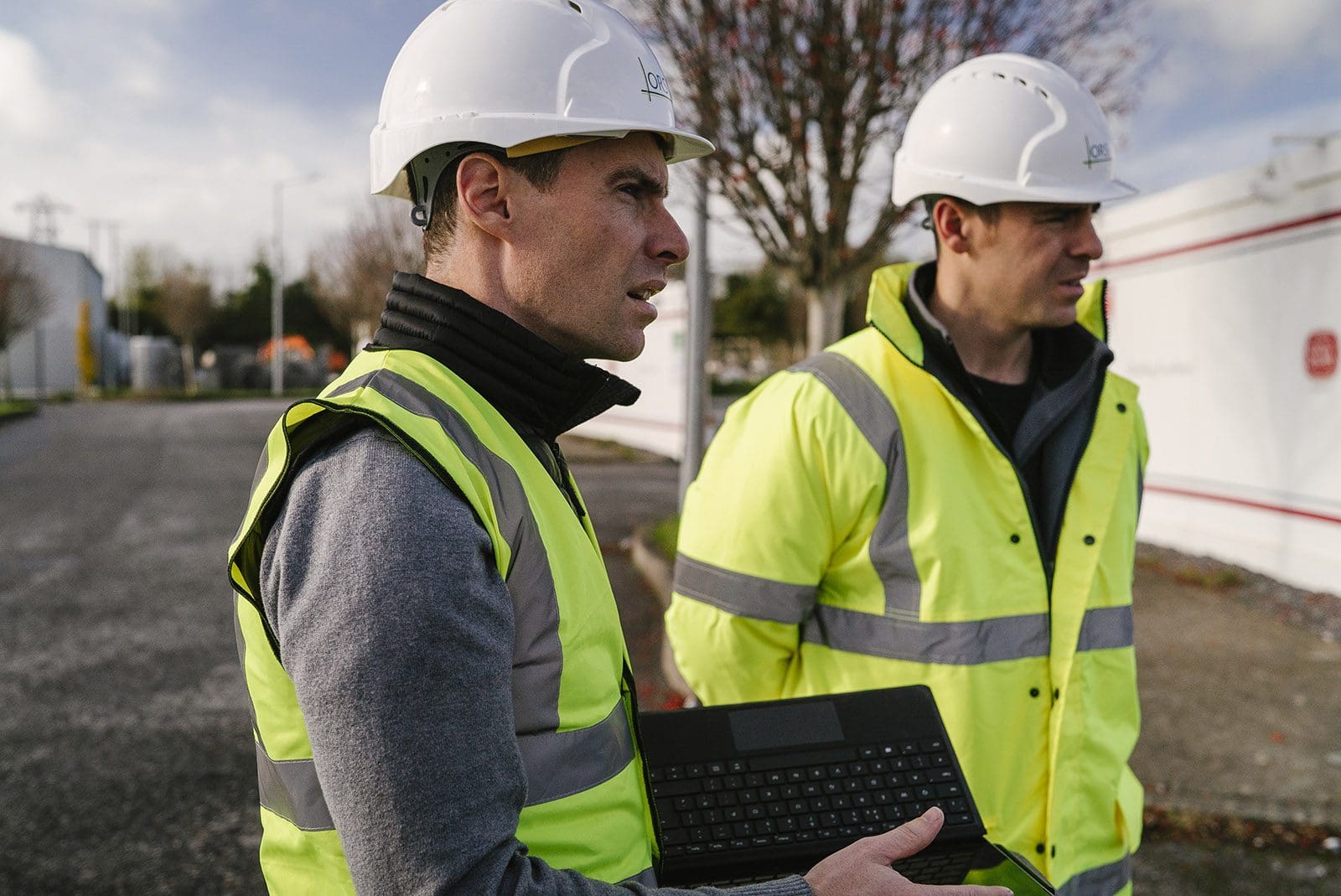Case Studies
Fire-Water Risk Assessment & Testing
TEAM
Environmental Management Team
Services Provided
Fire-Water Risk Assessment, EPA licensing
Overview of service
In 2019, following a period of public consultation and input from the Fire Service, the Environmental Protection Agency (EPA) published a document titled “Guidance Note to Industry on Fire Water Retention Facilities”. This guidance replaces the EPA Guidance Note “Draft Guidance Note to Industry on the Requirements for Fire-Water Retention Facilities”, initially published in 1995.
The aim of a Fire-Water Risk Assessment (FWRA) is to:
- Review and update the existing FWRA under the updated EPA Guidance.
- Calculate the volume of fire-water retention required at a given site.
- Evaluate the suitability of the existing drainage capacity at a given site for fire-water retention.
- Provide recommendations of suitable options to ensure adequate fire-water retention storage is present on-site.
Environmental Characterisation of the site, Fire Safety Management, Site Zoning, Fire-water Risk Assessment and Fire-water Retention Capacity & Systems are all considered in the assessment of Fire-water retention on site.



The following site-specific documentation is reviewed in compiling an FWRA;
- Environmental Liabilities Risk Assessment (ELRA)
- Closure, Restoration and Aftercare Management Plan (CRAMP)
- Material Safety Data Sheets (MSDS) for substances stored on-site
- Fire Certs for buildings located on-site
- Emergency Response Procedure
- Site Layout Drawing
- Site Drainage Plan
- Bund Register
As outlined in the ELRA, the worst-case scenario fire event was used in estimating the required volume for fire-water retention at the site.



Project challenges
Multidisciplinary approach
The most common challenge relating to fire-water retention is retention volume. When it has been confirmed that there is a retention deficit at a site, this must be considered an environmental compliance issue and a civil engineering project.
The technical flexibility and diversity available across our multidisciplinary team are a tangible benefit of the ORS multidisciplinary service offering. ORS provides Feasibility Studies through detailed design for civil works, including pumping, sumps and storage tanks, to ensure compliance with a site’s environmental licence or permit.
Related Projects
Talk to A specialist




